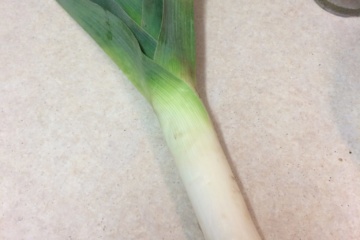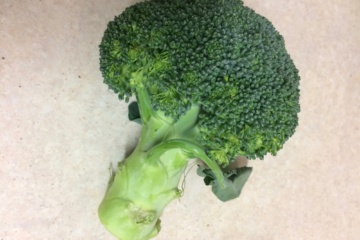
Leek – they are the sweet cousins of the onion. They so ancient and cultivated for three or four thousand years and can still be found in their wild form around the Mediterranean. It was sacred to the ancient Egyptians, featuring on at least one of the pyramids. Its layers were seen to represent the successive layers of Knowledge and Wisdom, and the Universe Itself. The Hebrews longed for it (with onions, melons and cucumber) with the Wilderness. To the Romans it was a symbol of virtue and a favourite of Nero. Leeks were worn the caps by the Welsh in a battle between them and the Saxons in 640 AD, and still celebrated the great victory today by wearing them in 1 March, St Davids Day. Shakespeare mentions them in King Henry V. Pliny the Elder (23-29AD) writes it was used in 32 remedies – including for clearing the lungs, cleaning the kidneys as well as chilblains, chapped hands and sore eyes. in medieval England, the leek garden referred to any vegetable garden for they for so common.
I personally favour them over onions for they gentleness and sweetness. They are quite balancing for all doshas but may increase pitta in summer. Always wash them well and be careful as the leaves hold soil and sand. They are praised in soups!
« Browse all ingredients




